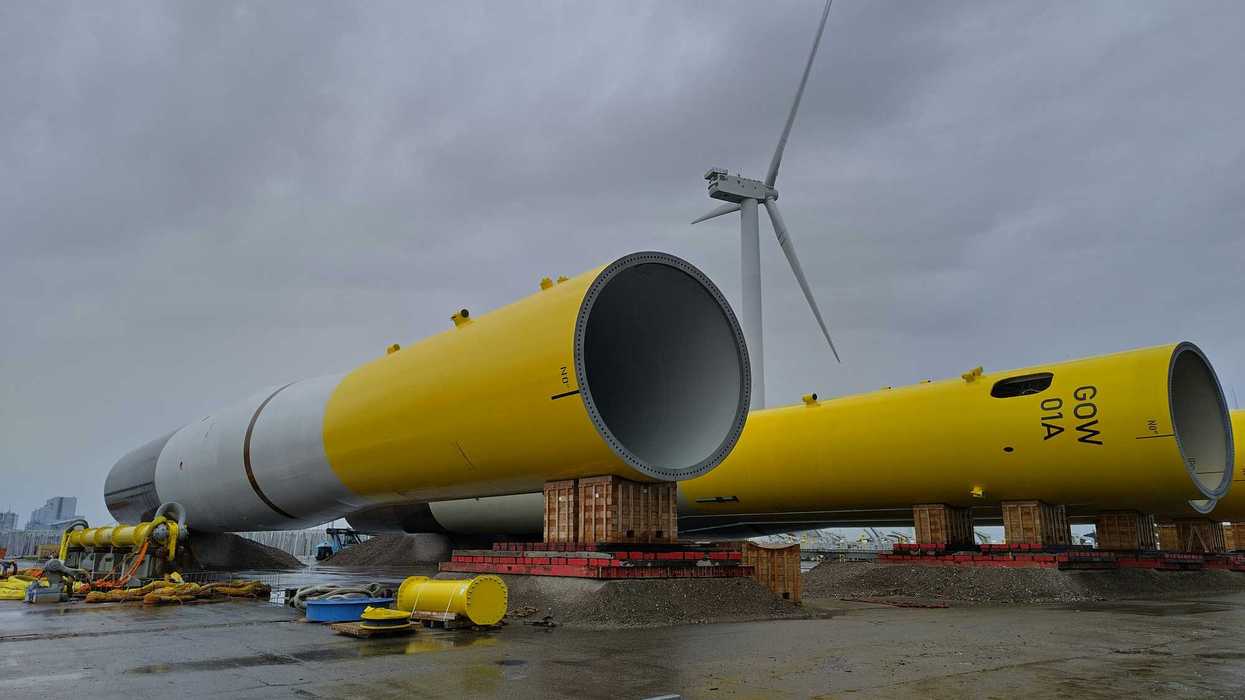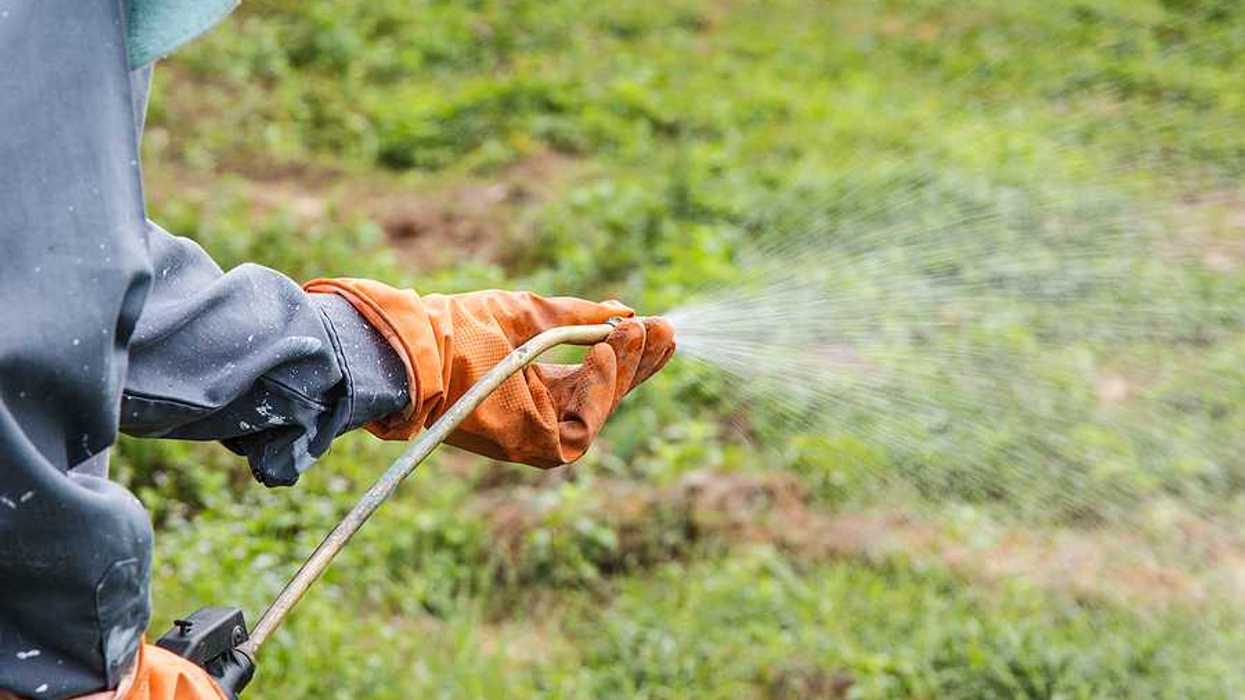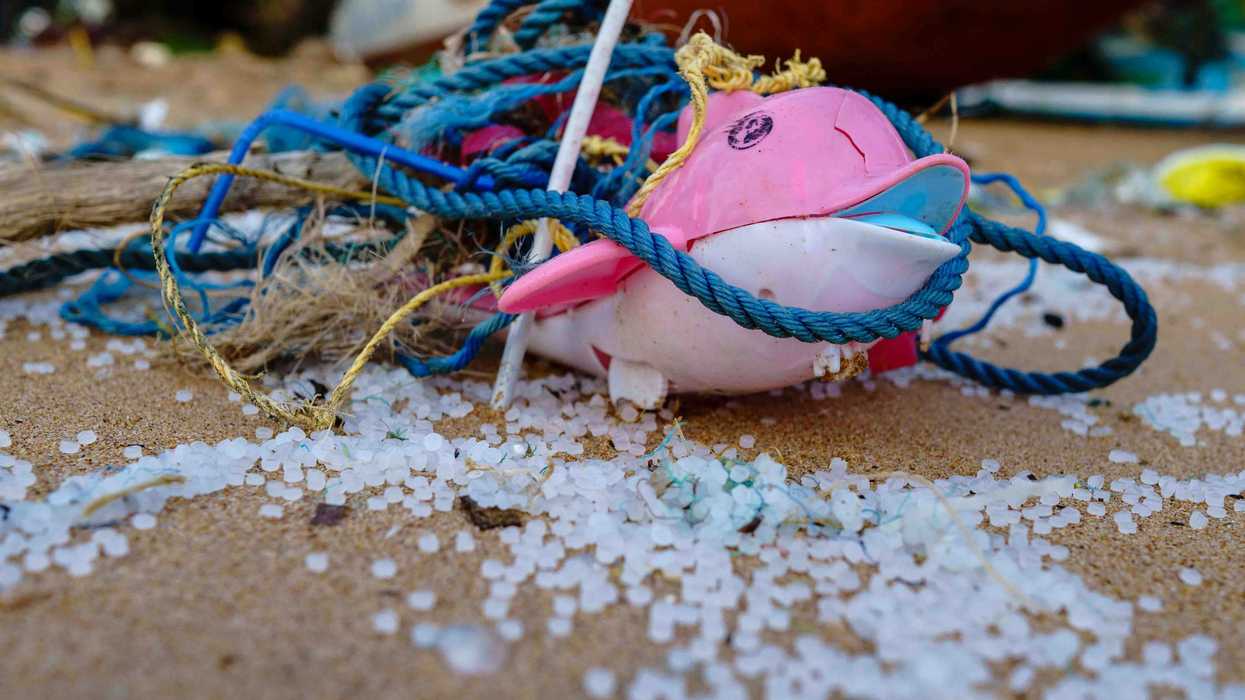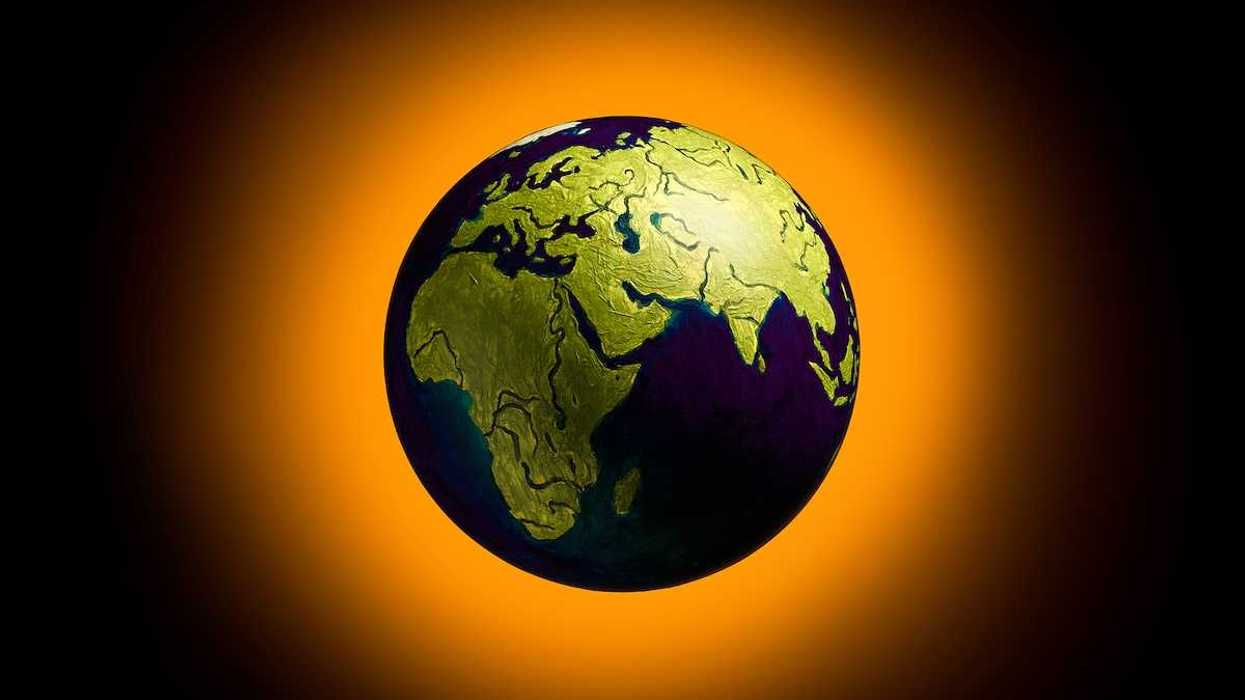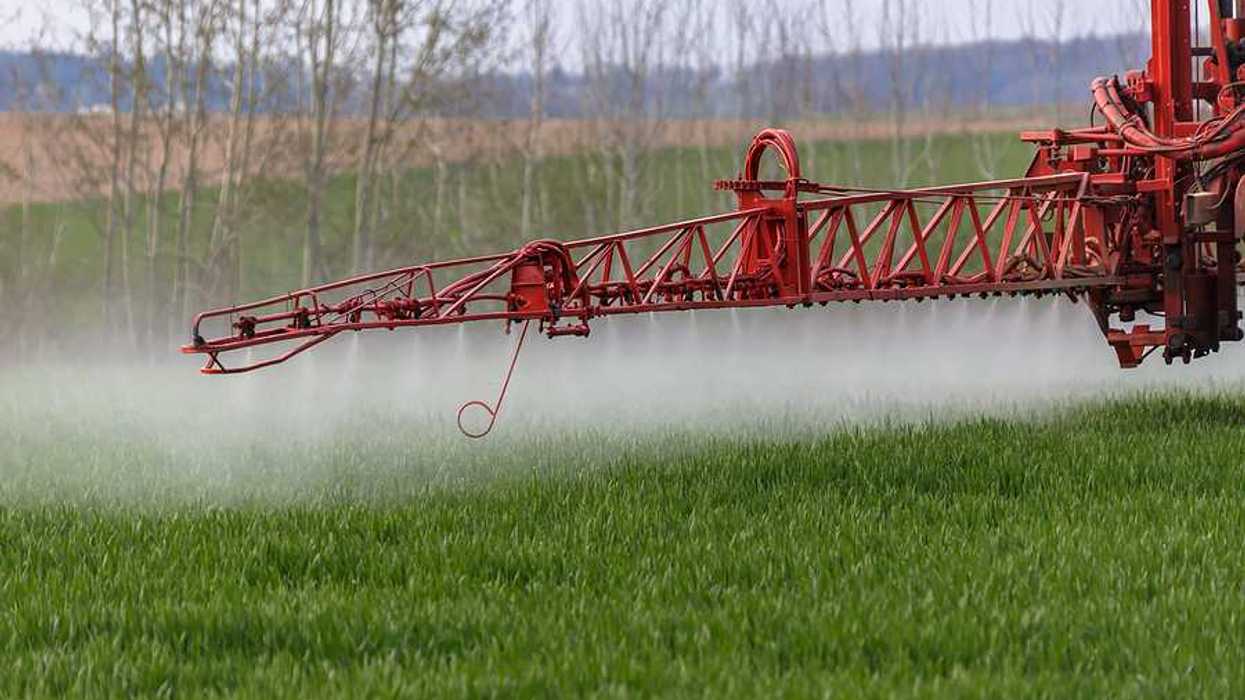A new peer-reviewed study has prompted the European Commission to order a review of glyphosate’s safety after researchers found increased tumor rates in rats exposed to levels considered safe under EU guidelines.
Alice Bergoënd reports for Euractiv.
In short:
- The European Commission has asked the EU’s chemicals and food safety agencies to review a new study linking glyphosate, the world’s most widely used weed killer, to higher rates of tumors in rats at doses deemed safe by current regulations.
- The Ramazzini Institute’s study found dose-related increases in both benign and malignant tumors in rats, but Bayer, glyphosate’s manufacturer, disputes the findings and claims methodological flaws.
- EU regulators say access to the study’s raw data is essential for assessment, and the Commission has stated it will amend or withdraw glyphosate’s approval if safety standards are no longer met.
Key quote:
“If ECHA or EFSA would confirm that glyphosate no longer meets the approval criteria or that the conditions of approval must be amended, the Commission will act immediately to amend or withdraw the approval.”
— European Commission spokesperson
Why this matters:
Glyphosate’s widespread use in agriculture means any change in its regulatory status could ripple through food production, environmental safety, and public health. The herbicide has long been at the center of scientific and legal battles over its potential to cause cancer, with regulatory agencies and independent researchers sometimes reaching conflicting conclusions. As new studies emerge, the debate over glyphosate’s safety underscores the challenge of balancing agricultural productivity with the need to protect human health and ecosystems. The outcome of this review could influence not only European policy but also global standards for pesticide regulation, affecting what ends up on dinner tables and in the environment worldwide.
Related: Glyphosate, explained


